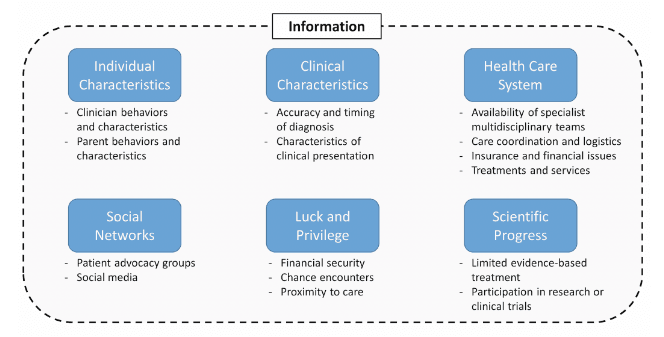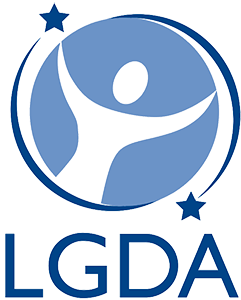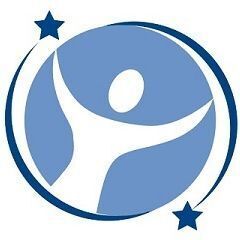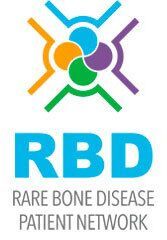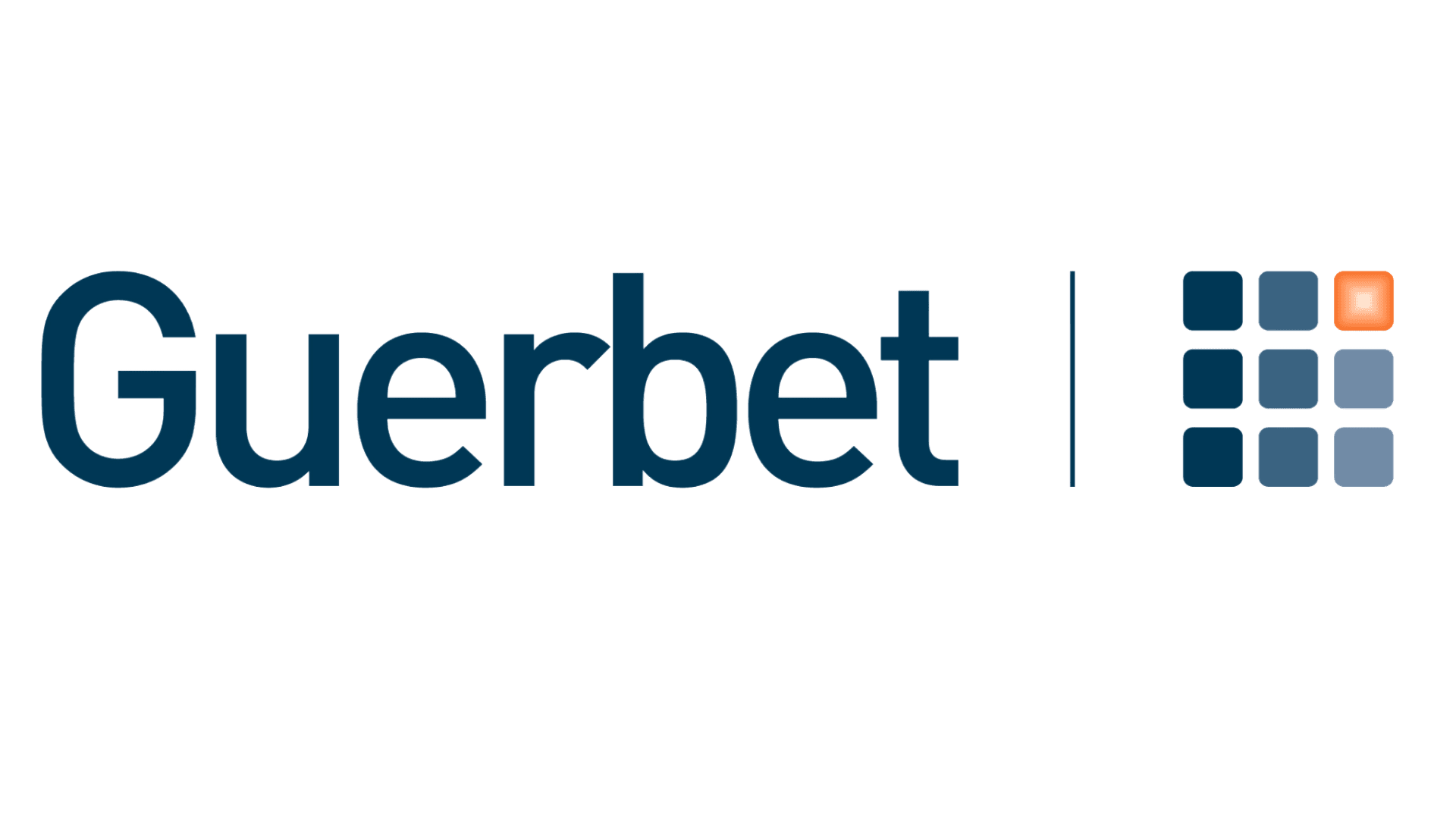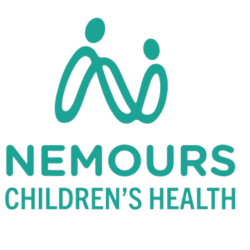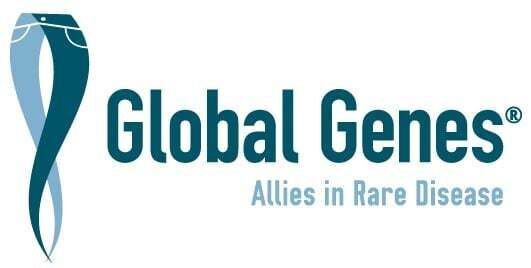From April 2022 CLA Seminar Series - Video
Download summary
Authors:
Bryan Sisk MD, Washington University School of Medicine, St. Louis, Missouri
Anna Kerr, Heritage College of Osteopathic Medicine, Ohio University, Dublin, Ohio
Researchers had three main objectives:
- Bring attention to vascular anomaly patients and encourage providers to take time to learn about the challenges they face
- Identify common issues that make it hard for patients to get medical help
- Start a conversation about what direction vascular anomaly research should take in the coming years
Background:
Our knowledge of vascular anomalies is constantly growing, but many patients cannot get the help they need to stay healthy. When patients and families describe their experiences seeking care, they often have frustrating stories to share. The authors of this study aimed to record the long journeys through the healthcare system families have faced to identify and address the things that are making it difficult for them to access care in the first place.
How was the study done?
Parents of children with vascular anomalies and adult patients with vascular anomalies were interviewed and asked questions about what it was like to try to get care or communicate with caregivers. A total of 34 parents and 25 adult patients participated.
Results/Findings:
Six major elements prevented people from accessing and maintaining the care they needed:
- “Individual Characteristics” - Many people reported that they did not have healthcare providers that were familiar with the condition, taking their symptoms seriously, or were willing to seek a second opinion from an expert. Families become responsible for care and searching for specialists.
- “Clinical Characteristics” - As providers were not knowledgeable of vascular anomalies, people got inaccurate diagnoses and had testing that was unnecessary.
- “Scientific Progress” - Patients that tried to research their condition on their own found it to be challenging. They noted that there is not enough helpful information about the conditions online.
- “Advocacy Groups” - Doctors were also not familiar with social support available to people. Patients often had to find helpful advocacy groups to join on their own.
- “Luck & Privilege” - Others could not get care because they did not have enough money to pay for services, did not know how to find vascular anomaly experts, or lived far away from the medical care they needed.
- “Healthcare System” - Even if patients were able to find experts and advocacy groups, they also needed to know how to work with insurance and maintain care after leaving the hospital.
What does this mean for patients?
The authors have helped us better understand the problems that patients with vascular anomalies face. By documenting the common issues patients have, we can help doctors empathize with patient concerns and pave the way for more research.
What does the future look like?
We will not stop learning what we can from our patients.
In a related study, the researchers looked at 200 children's hospitals in the US and found out that 145 of them had a specific doctor who takes care of patients with vascular anomalies. Out of the 145 clinics, only 94 doctors responded to the survey, and they found out that only 83 medical facilities had a team of doctors who worked together to see patients. Knowing this information is important because it helps identify places where patients may struggle to get care. It also supports what families have been saying all along - getting the right care for their children is an uphill battle.
The authors are also proposing new studies that will build tools to improve communication between families and expert clinicians.
Meet the Researcher:
Bryan Sisk, MD, MSCI is a pediatric hematologist/oncologist who specializes in caring for patients with vascular anomalies. He co-directs the Washington University Vascular Anomalies Center, as well as the HHT Center of Excellence. He spends most of his time researching care and communication experiences of patients with rare diseases, especially vascular anomalies and pediatric cancer. His goal is to make it easier for every family affected by vascular anomalies to access expert care and high-quality information.
Twitter - @sisk_md
https://bioethicsresearch.org/people/bryan-sisk-md/
